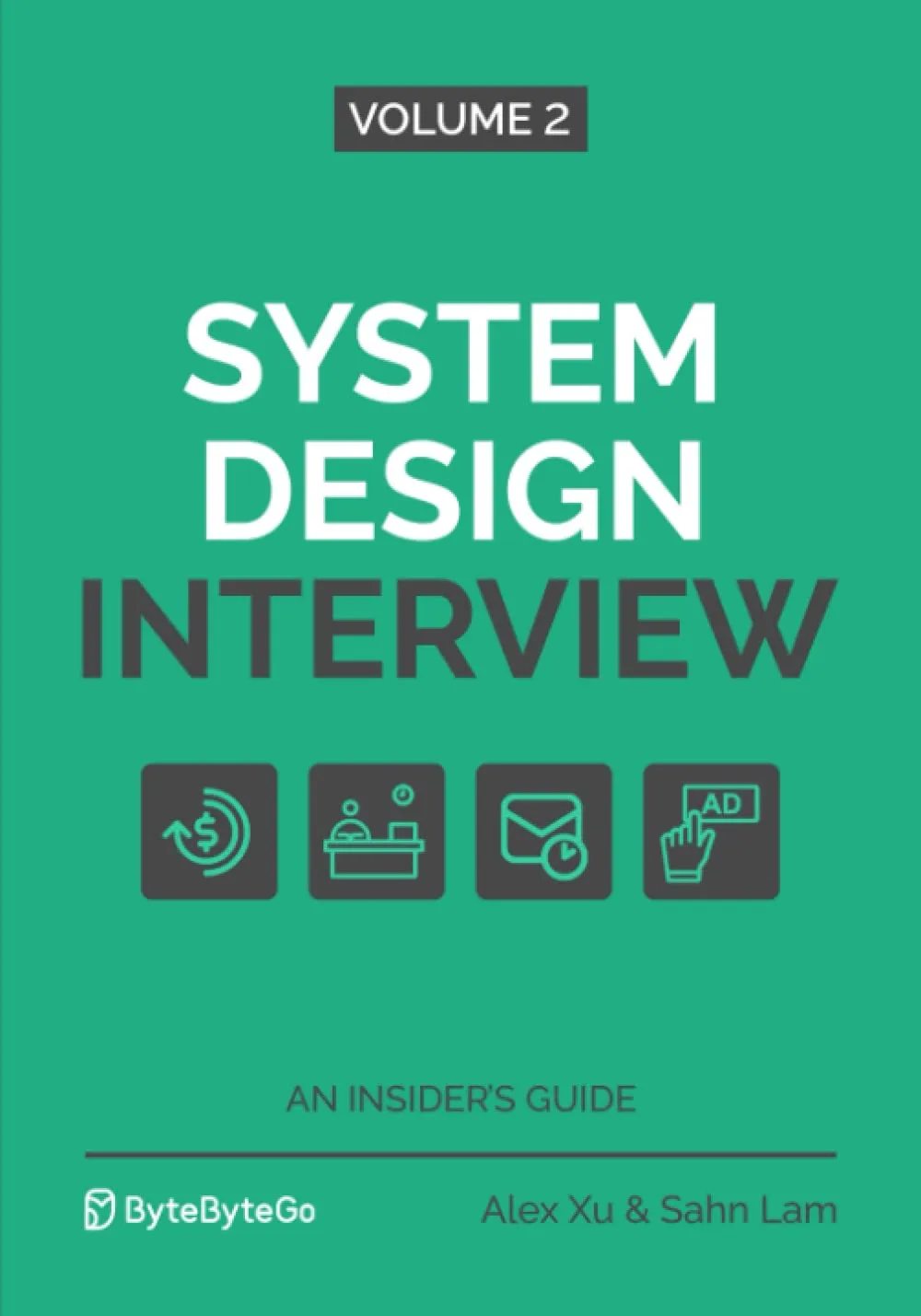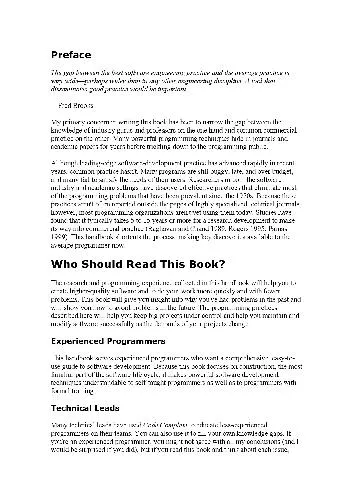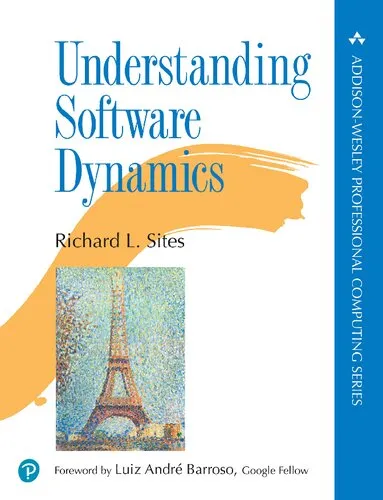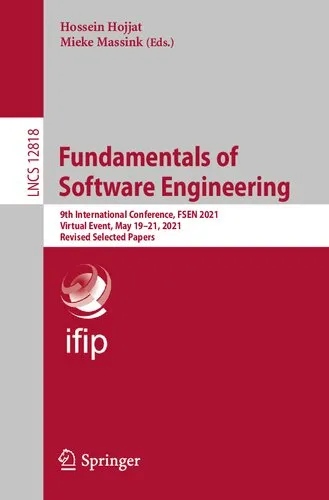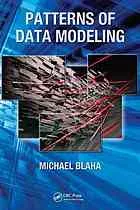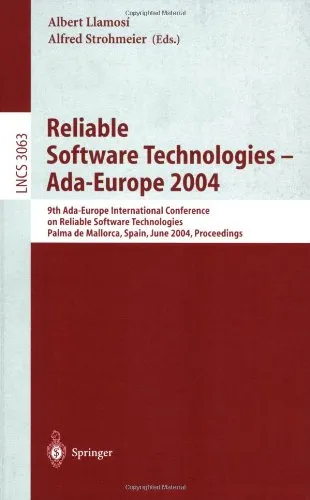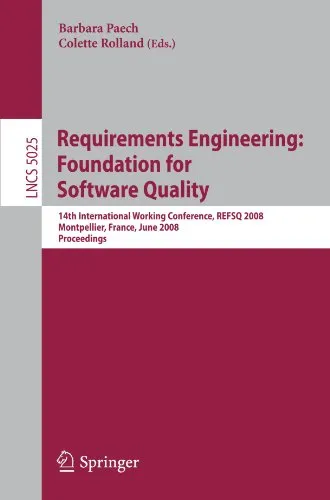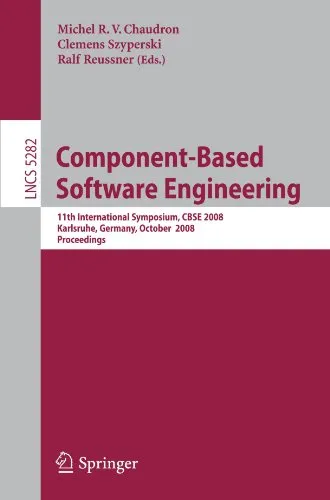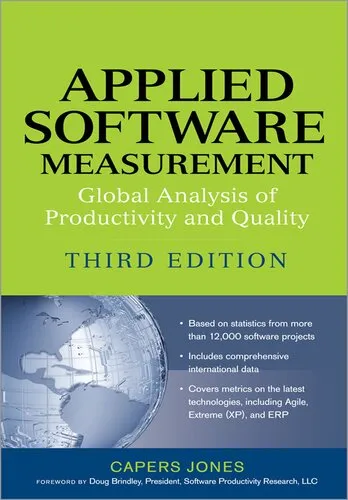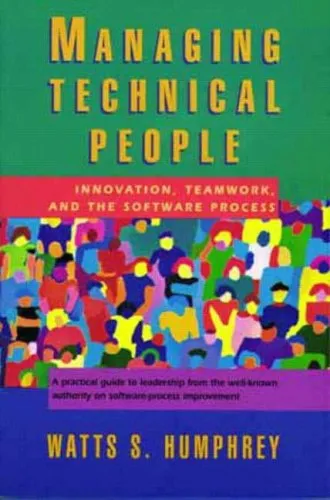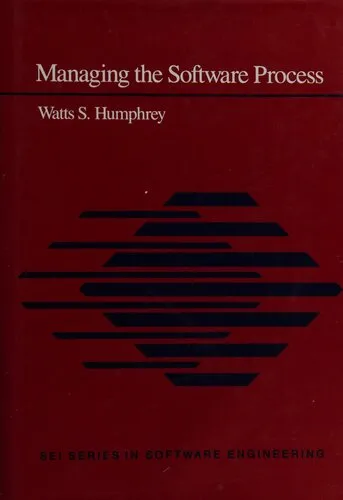Requirements Engineering: Foundation for Software Quality: 29th International Working Conference, REFSQ 2023, Barcelona, Spain, April 17–20, 2023, Proceedings (Lecture Notes in Computer Science)
4.5
Reviews from our users

You Can Ask your questions from this book's AI after Login
Each download or ask from book AI costs 2 points. To earn more free points, please visit the Points Guide Page and complete some valuable actions.Related Refrences:
Introduction
Welcome to the proceedings of the 29th International Working Conference, REFSQ 2023, held in Barcelona, Spain, from April 17 to April 20, 2023. This comprehensive volume, part of the esteemed "Lecture Notes in Computer Science" series, delves deeply into the foundational and cutting-edge topics of Requirements Engineering (RE) with a vision of enhancing software quality. Researchers, practitioners, and thought leaders from around the globe came together at REFSQ 2023 to present pioneering ideas, share empirical studies, and discuss challenges and breakthroughs in Requirements Engineering. This book is the culmination of those efforts, serving as an indispensable reference for anyone invested in the field of software engineering and beyond.
Requirements Engineering, as a discipline, plays a critical role in determining the success of software products and systems. By focusing on gathering, analyzing, and managing requirements, it ensures that software meets both functional and non-functional needs of stakeholders. This book not only presents innovative research but also bridges the gap between academia and industry by addressing practical concerns alongside theoretical advancements.
Detailed Summary of the Book
The proceedings begin with peer-reviewed papers that address both foundational and emerging topics in Requirements Engineering. These contributions are organized to uncover new methodologies, tools, and practices that enhance the quality of systems and services. A significant emphasis is placed on cutting-edge areas, such as requirements engineering for artificial intelligence systems, sustainability in design, and the use of natural language processing for improving requirements quality.
The papers also highlight collaborative approaches between software teams and stakeholders, ensuring that expectations are managed and accurately translated into system designs. Additionally, this volume explores the integration of Requirements Engineering with other disciplines like human-computer interaction, agile project management, and model-driven engineering. These interdisciplinary approaches provide robust solutions to real-world challenges faced by software development teams.
One of the key themes revolves around the use of automation and artificial intelligence to assist requirements analysts in their work. Case studies demonstrate how emerging technologies are transforming traditional practices, maximizing efficiency, and reducing errors in requirements gathering and prioritization processes.
The volume concludes with open challenges and future directions for the field, inviting researchers to continue addressing pressing issues such as dealing with uncertainty in requirements, scaling RE processes for large systems, and honing techniques for maintaining dynamic requirements over the lifespan of a system.
Key Takeaways
- A comprehensive overview of modern advancements in Requirements Engineering research and practices.
- Insights into interdisciplinary approaches that integrate RE with human-computer interaction, AI, and sustainability.
- Practical guidance for industry implementing state-of-the-art requirements elicitation and management techniques.
- An overview of tools and frameworks aiding practitioners in real-world RE scenarios.
- Future research directions for addressing critical challenges in dynamic and large-scale requirement management.
Famous Quotes from the Book
“Requirements Engineering is the art of defining what is essential and eliminating what is superfluous, all while maintaining the delicate balance of clarity and creativity.”
“The foundation of software quality lies not in the number of lines of code, but in the clarity, precision, and completeness of its requirements.”
Why This Book Matters
This book is not just another conference proceedings volume; it is a crucial resource for anyone who strives to improve software quality by mastering the craft of Requirements Engineering. The depth and breadth of topics it covers make it an essential read for researchers who want to stay on the cutting edge of the field, practitioners looking for solutions to pressing industry challenges, and educators aiming to impart well-rounded knowledge to their students.
Modern software development is inextricably linked to the need for precise and adaptive requirements engineering. This book shines a light on the latest trends and provides actionable insights for aligning software development processes with stakeholder needs. By championing the importance of well-defined requirements, it serves as a rallying cry for elevating software quality across industries.
Whether you are a researcher, an engineering professional, or a student with aspirations in the software domain, this book offers invaluable guidance. Its exploration of forward-looking topics like sustainability, inclusivity, and AI-driven processes ensures that readers are equipped to tackle the challenges of tomorrow, today.
Free Direct Download
You Can Download this book after Login
Accessing books through legal platforms and public libraries not only supports the rights of authors and publishers but also contributes to the sustainability of reading culture. Before downloading, please take a moment to consider these options.
Find this book on other platforms:
WorldCat helps you find books in libraries worldwide.
See ratings, reviews, and discussions on Goodreads.
Find and buy rare or used books on AbeBooks.
1331
بازدید4.5
امتیاز0
نظر98%
رضایتReviews:
4.5
Based on 0 users review
Questions & Answers
Ask questions about this book or help others by answering
No questions yet. Be the first to ask!

